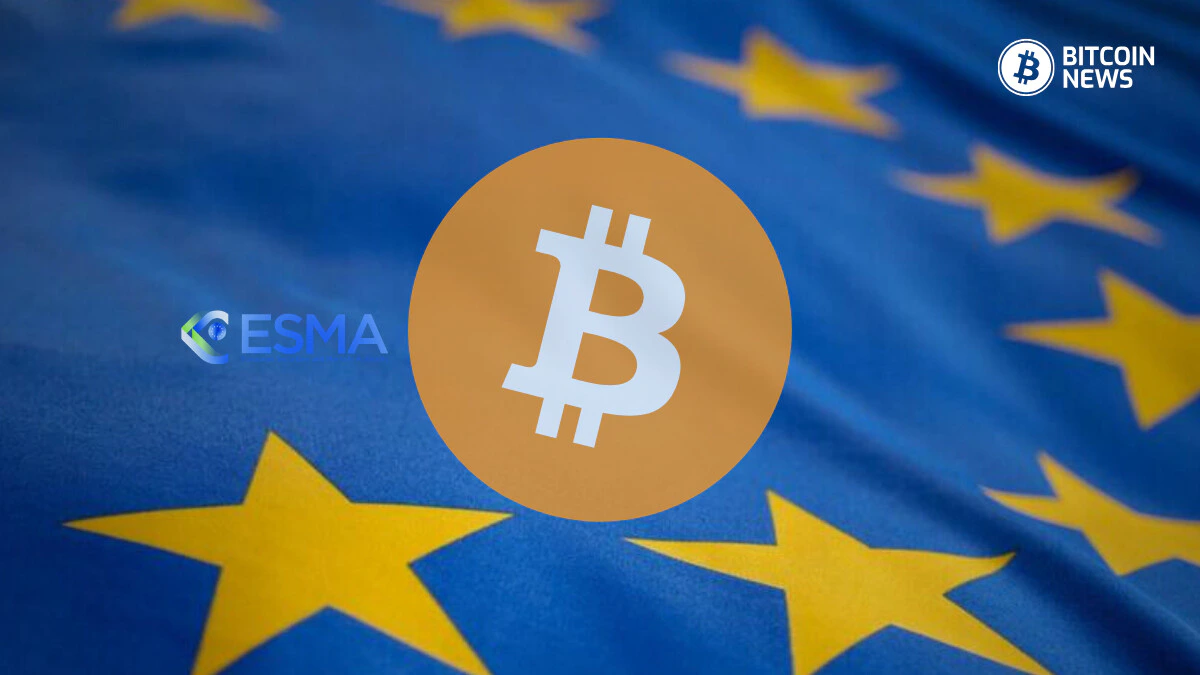Latest Articles
May 17, 12:30 pm
Bitcoin Pioneer Botev Plovdiv FC Celebrates Bulgarian Cup Victory and Europa League Qualification
May 17, 9:21 am
Largest Bitcoin ETF Holders: Who Are They? And How Much Do They Own?
May 17, 9:15 am
Vanguard’s New CEO Maintains Anti-Bitcoin Stance
May 17, 8:55 am
Oklahoma Passes ‘Bitcoin Rights’ Law: A Win for Community
May 17, 8:45 am
Saylor: Bitcoin’s Inclusion in Pension Funds an Inevitability
May 17, 8:30 am
CME Exchange Plans on Launching Bitcoin Spot Trading Platform
May 16, 12:00 pm
BitEscrow’s Suite of Developer Tools Empower Non-Custodial Bitcoin Escrow Services
- Editor’s Picks
CME Exchange Plans on Launching Bitcoin Spot Trading Platform
May 17, 2024 · 3 min
MicroStrategy Secures Spot on Prestigious MSCI World Stock Index
May 16, 2024 · 3 min
Banking Giants Reveal New Bitcoin ETF Investments
May 15, 2024 · 3 min
Bitcoin Layer 2 Solutions: Unlocking the Potential of Digital Gold
May 14, 2024 · 3 min
Runes Protocol Activity Shows Dramatic Decline 20 Days After Launch
May 13, 2024 · 3 min
JPMorgan Invests in Bitcoin ETFs Despite CEO’s Skepticism
May 12, 2024 · 3 min
EU Regulator Eyes Bitcoin Integration in €12T Mutual Fund Market
May 11, 2024 · 3 min
Vermont Lawmakers Look to Regulate Bitcoin ATMs in the State
May 8, 2024 · 3 min
Hong Kong Bitcoin ETFs Might Become Available to Chinese Investors
May 7, 2024 · 3 min
Peter Brandt Backs Saylor: “Bitcoin is Trade of a Lifetime”
May 6, 2024 · 3 min
Media Partners
We’re a Bitcoin-focused media outlet reporting on breaking news and updates. Our mission is to promote education and awareness by sharing accurate market news to help accelerate adoption.
We’re a Bitcoin-focused media outlet reporting on breaking news and updates. Our mission is to promote education and awareness by sharing and honest and accurate market news to help accelerate adoption.























